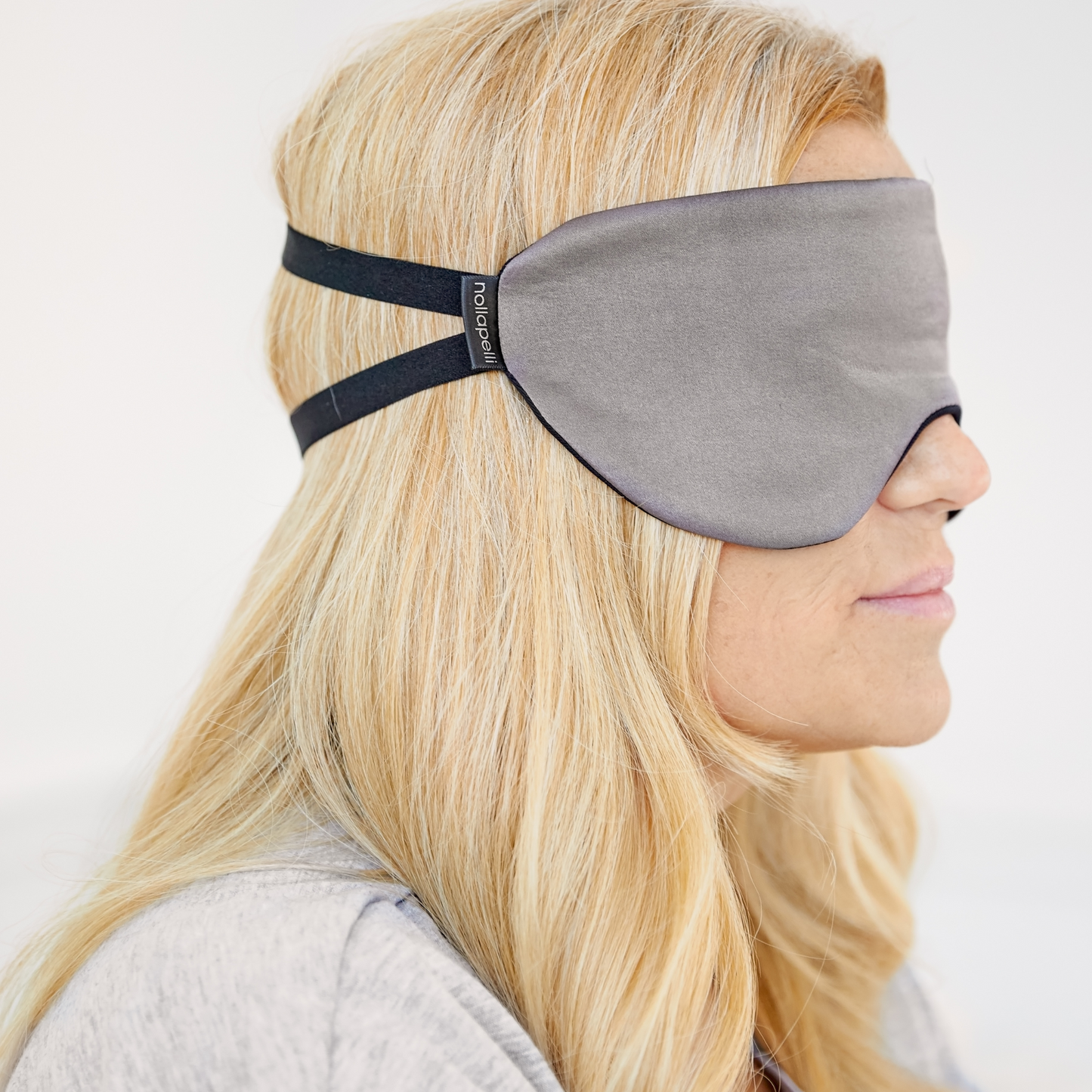
When quarantine started, dreaming was a hot topic. Everyone seemed to be having more vivid dreams. On a team call, across the board, we all experienced an increase in dream clarity and the bizarre nature of our nighttime visions. Even with our communities slowly opening again, it seems crystal clear, weird dreams are here to stay.
Dreams are hard to study; science has yet to completely reign in the phenomenon. So, what exactly is causing these graphic dreaming habits? For guidance, we turn to psychologist, Katie Stewart (You may remember her from Six Beliefs About Yoga Nidra Debunked.)
“There is no ‘typical’ experience around the pandemic or the quarantine, but the way it has affected sleep and dreaming appears to be pretty consistent,” said Stewart. “While the actual manifest content (what we remember) hasn’t been the same, most of the dreams that people are reporting appear to be stress/anxiety related or have direct ties to the pandemic itself.”
Stewart continued that stress and anxiety have only intensified with the fear and anger we are feeling around the racial injustice in the United States. Thus, dreaming has only escalated.
According to a recent TIME Magazine article, stress and negativity during the day fuels negative dreams at night. The more negative content we consume during the day, the more it ultimately finds its way into our dreams.
“Many people believe that sleep and dreaming help us process what is going on in our conscious, waking life. Our current conscious, waking lives are bizarre at best,” said Stewart.
“Even if you don’t watch the news regularly or try not to discuss what is happening, you can’t help but see tons of references every day to ‘the virus,’ ‘COVID,’ ‘death toll,’ etc. Those messages don’t just wash through, they live somewhere in the mind and have free reign in sleep when we don’t have a job or task to occupy it.”
Stress also disrupts our sleep, which means we wake up more often. When awake our brain starts to bank memories, thus we remember more of our dreams than if we had a quality night’s sleep. Stewart points out that there’s a chance dreams aren’t more bizarre, we are just remembering them more because of poor sleep.
“Freud called dream interpretation the ‘royal road to the unconscious’” said Stewart.
When processing dreams, the feeling of the dream is more important than the facts.
Pay attention to the feeling within your dream when you recall it to yourself or someone else. Do you feel uncertain? Scared? Anxious? Powerless?
These feelings hold power over your sleep. Do not minimize them, address them. We may not have access to our typical coping mechanisms, such as seeking physical comfort from one another, but we can find new ones - journaling, creating art, movement such as going for a walk, taking 15-minutes and facing the sun, finding a calming ritual leading into sleep, engaging in meditative practices such as Yoga Nidra, guided breathing, etc. These sleepcare practices can ease stress during the day, preparing the body for a quality night’s sleep- a sleep without disruption and negative dreams.
“Almost everyone discussing dreams right now is feeling fearful, anxious, uncertain in their dreams...and while they’ll often start sessions saying they’re ‘doing OK with all of this,’ their dreams are indicating otherwise,” said Stewart.
There is truth in dreams. By acknowledging the feeling in our dreams, especially if they are unfavorable, we learn how our daily environment affects us. From there, we can start coping.
Happy dreaming, friends.
(Photo credit: Eliseo Zubiri)









